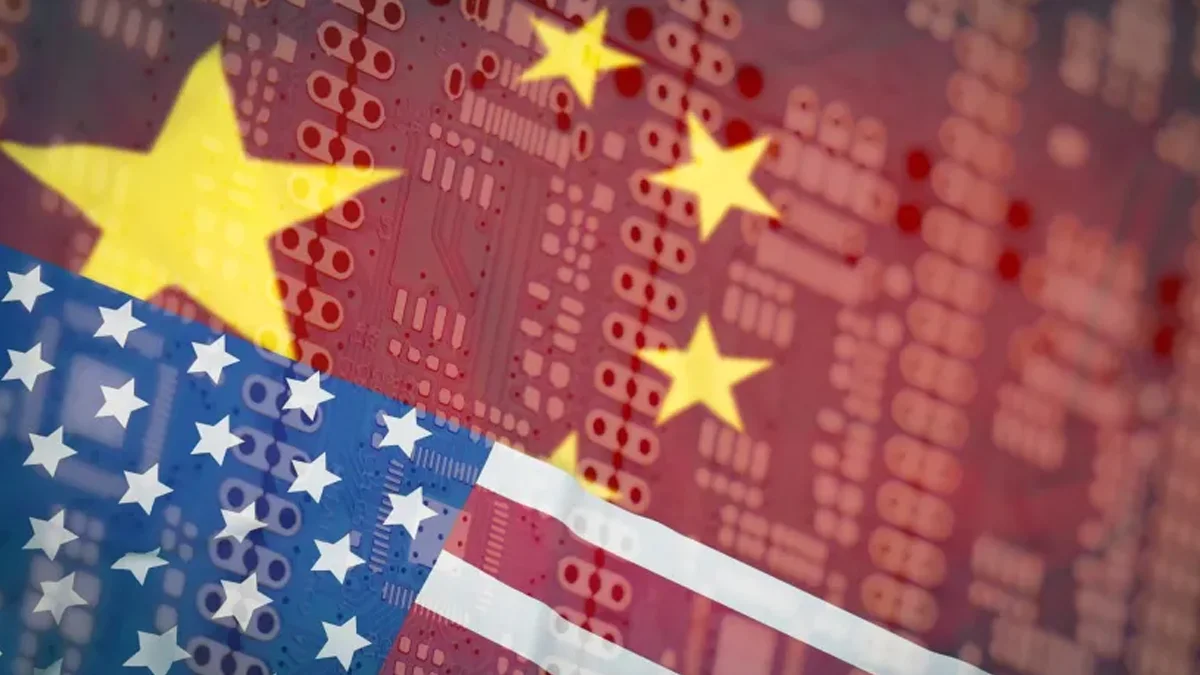Necessary Always Active
Necessary cookies are required to enable the basic features of this site, such as providing secure log-in or adjusting your consent preferences. These cookies do not store any personally identifiable data.
|
||||||
|
||||||
|
||||||
|

OpenAI says its rival Zhipu has made significant progress developing infrastructure solutions to state-owned firms and government entities in Eastern markets. According to CNBC, OpenAI believes that the Chinese AI startup is on the frontline of the global AI race as Beijing strengthens its leadership in the rapidly changing technology.
In China, local media houses have been referring to the AI startup, which was founded in 2019, as one of the ‘AI tigers’ in the country. The term is used to refer to a group of large language model unicorns that are considered critical in Beijing’s efforts to compete with the US and reduce its reliance on American AI technology.
Earlier this year, DeepSeek grabbed most international attention following the release of its R1 model. However, OpenAI says Zhipu’s attention outside the Chinese borders and its close ties to the country’s capital require scrutiny.
On June 25, the ChatGPT maker said Zhipu represents the answer that OpenAI has been seeking for its global initiative. Previously, OpenAI has asked the US government to support American companies as they face fierce competition from Chinese rivals.
Early last month, Zhipu AI announced plans to leverage China’s Belt and Road Initiative to expand its operations internationally, a move that increased global competition with rival AI companies. Media reports show that the company has offices in the UK, Malaysia, the Middle East, and Singapore.
Ziphu also runs joint innovation centers in various South Asian companies, including Vietnam and Indonesia. Already, the Chinese AI startup Zhipu has been funded by various local governments. According to OpenAI, “Zhipu AI leadership frequently engages with CCP officials, including Premier Li Qiang.” The ChatGPT maker estimates state-backed investments in Zhipu to be over $1.4 billion.
These aspects place Zhipu AI in a strategic position to play an important role in China’s Digital Silk Road plan, as it provides AI infrastructure to governments across the world.
“Zhipu represents China’s hopes of building a self-reliant, globally competitive AI ecosystem that rivals America’s and lessens dependence on American tech. The goal is to lock Chinese systems and standards into emerging markets before US or European rivals can, while showcasing a ‘responsible, transparent and audit-ready’ Chinese AI alternative,” OpenAI said.
Zhipu AI has yet to respond to OpenAI’s statements. Speaking to reporters last week, its Chairman Liu Debing said the company anticipates contributing to China’s efforts to advance AI globally. This goal presents a threat to OpenAI. Washington has supported OpenAI to position its foundational AI models as the go-to AI offerings globally.
While visiting the UAE in May this year, US President Donald Trump unveiled commercial deals amounting to more than $200 billion in the region. The deals include establishing a Stargate UAE AI campus, a project that will be undertaken jointly by Nvidia, OpenAI, Oracle, and Cisco Systems. The campus is set to be open in 2026.
The Stargate project is a massive $500 billion private-sector investment focused on artificial intelligence. This month, OpenAI secured a $200 million contract with the US Department of Defense to provide AI tools. It also introduced a new initiative called “OpenAI for Government,” aimed at helping U.S. public servants use AI in their work.
On the other hand, Chinese AI firm Zhipu is reportedly working with China’s military to support modernization efforts using advanced AI technologies. This partnership caused the US Commerce Department to blacklist Zhipu by adding it to the Entity List in January. This move effectively restricted Zhiphu’s access to American technology. Zhipu is reportedly preparing for an initial public offering. According to Chinese media, the company was previously valued at around $2.78 billion.